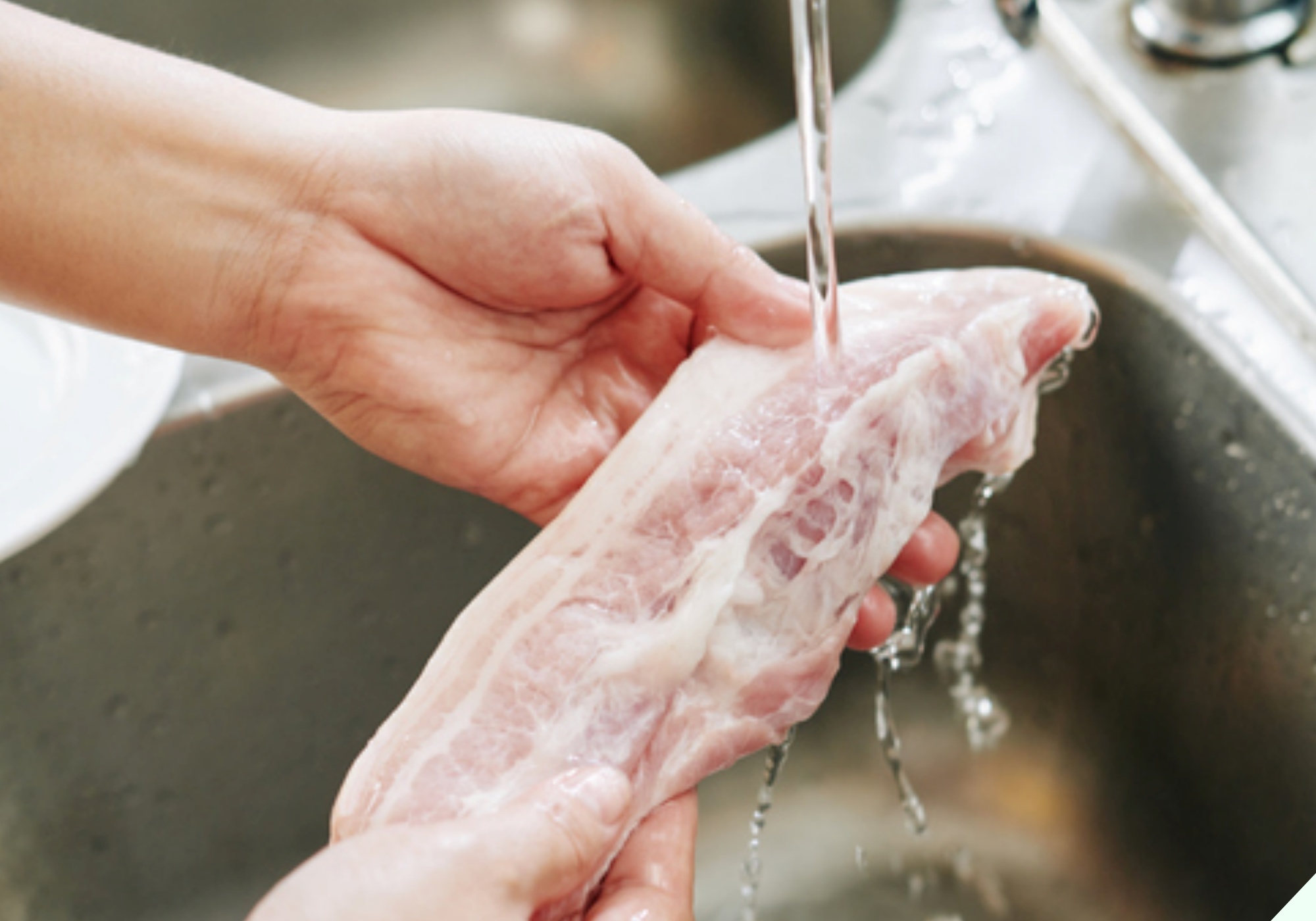
The preparation of meat varies from place to place. Most people have a habit of washing meat as soon as they get home. They believe that this is the best way to remove excess blood, surface dirt, and effectively get rid of the meat’s fishy smell.
However, experts disagree and believe that washing meat with tap water is a mistake.
Should Pork Be Washed?
There are many conflicting opinions about whether pork should be washed. According to the US Centers for Disease Control and Prevention (CDC), washing pork with plain tap water will not effectively remove bacteria and viruses.
The US Department of Agriculture (USDA) also recommends against washing meat before cooking. They believe that washing meat not only fails to remove bacteria but also increases the risk of cross-contamination in the kitchen, which can lead to food poisoning.
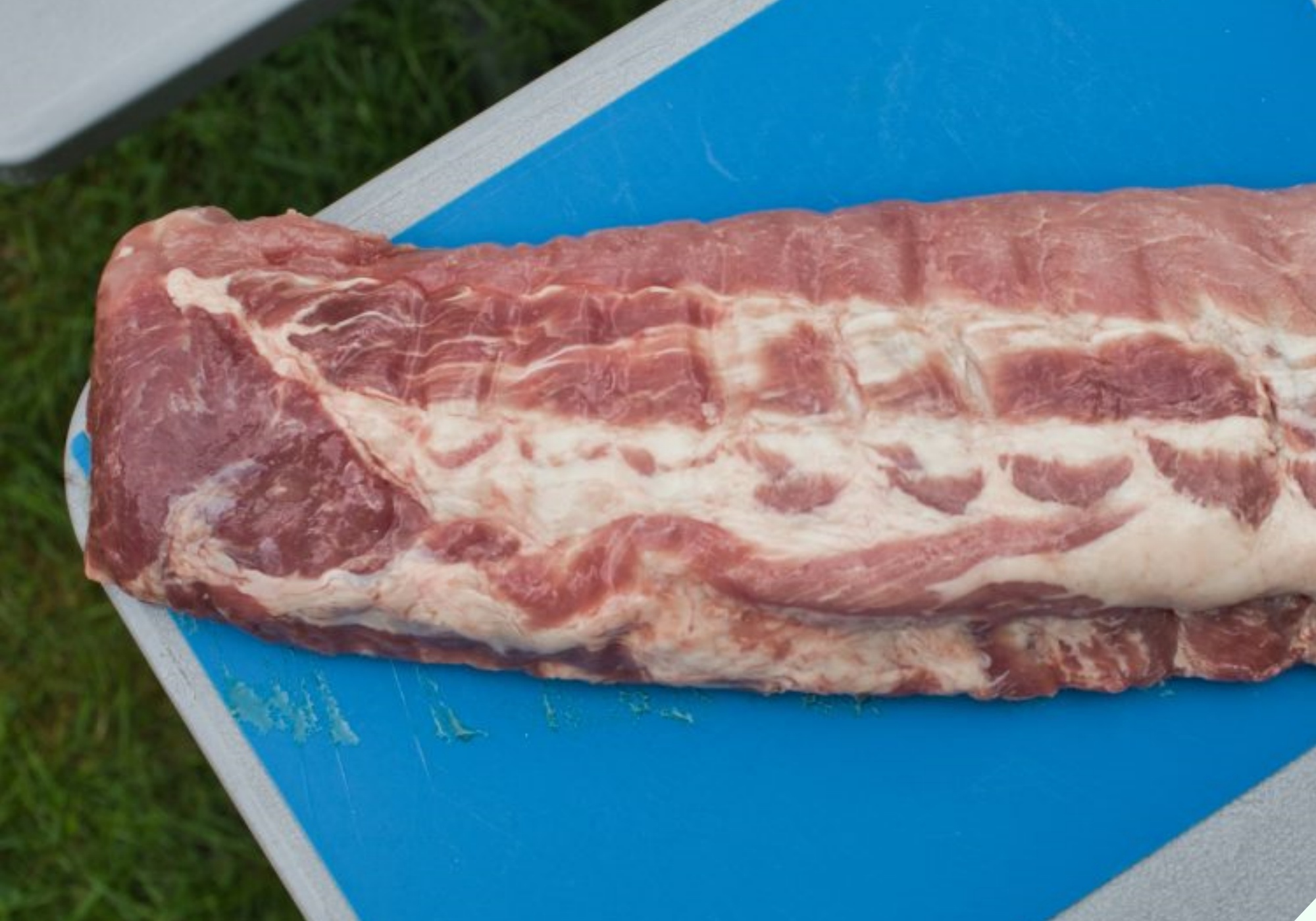
Some experts also believe that washing meat with plain water is akin to creating a breeding ground for bacteria. Furthermore, immediately cooking washed meat can cause oil splatter, resulting in a loss of nutrients, a stronger fishy smell, and a blander taste.
In reality, freshly butchered pork can be cooked immediately while it is still “warm,” but meat displayed at markets will inevitably gather dust and dirt. Therefore, it is necessary to wash the meat, but it must be done correctly.
To effectively remove all impurities from the meat, you can use acidic solutions, which help disinfect and tenderize the meat.
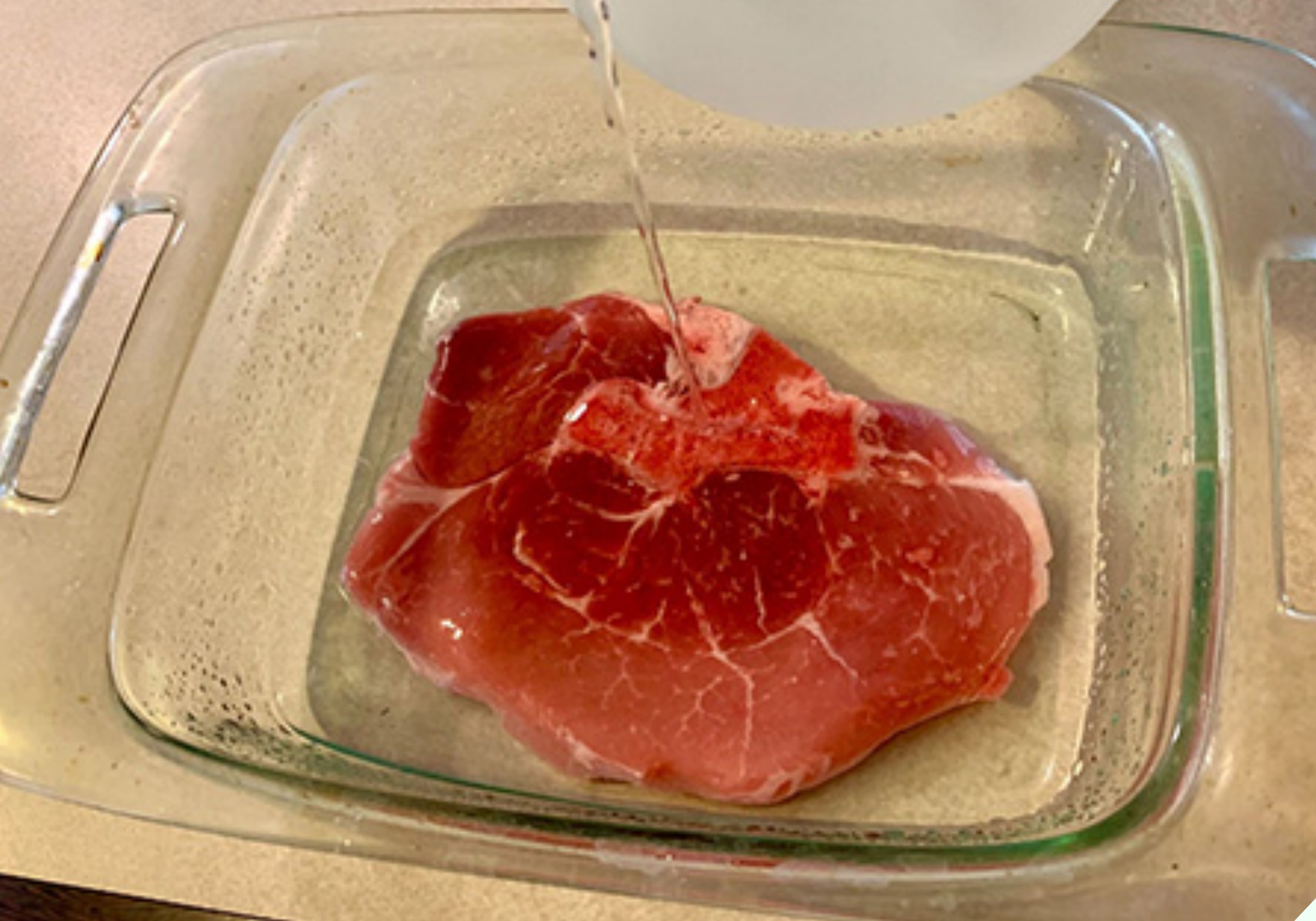
White Vinegar
This is a commonly recommended ingredient for cleaning meat. The acetic acid in white vinegar is proven to prevent the formation and growth of bacteria on the meat’s surface.
Lemon Juice
Similar to vinegar, the acid in lemon juice disinfects and prevents bacterial growth while keeping the meat tender and fresh.
How to Properly Wash Pork
Note: Do not cut the meat before washing.
Here are three methods to wash pork effectively:
Baking Soda + Salt
Prepare a clean bowl of water and add 1 teaspoon each of salt and baking soda. Stir until dissolved, then soak the pork in the solution for about 4 minutes. Remove the meat and rinse with clean water. Use paper towels to pat the meat dry before cooking.
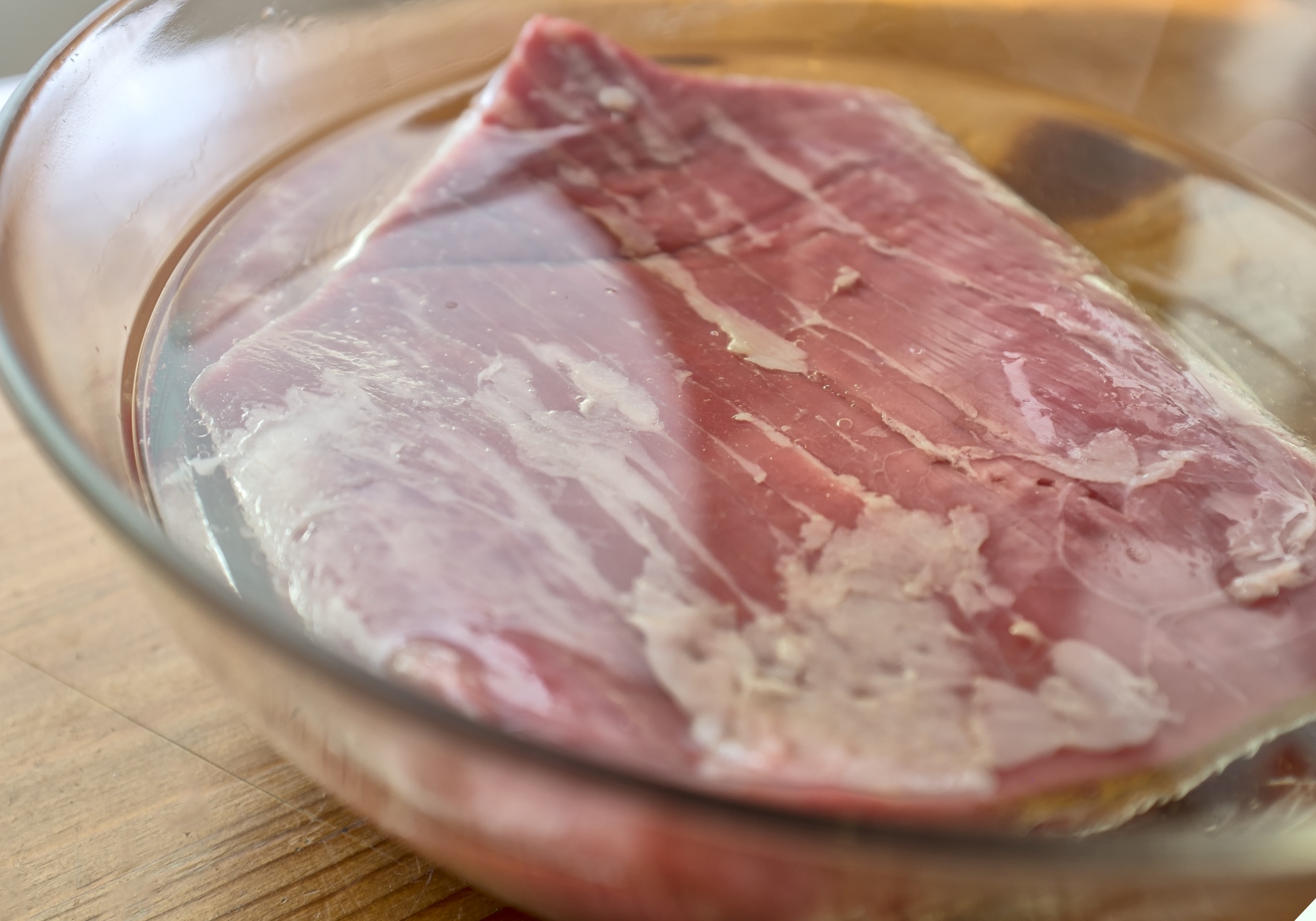
Rice Washing Water
Soak the meat in rice washing water for about 30 minutes. The starch and ancaloit in the water effectively remove excess blood and impurities. This method is considered a “miracle” solution to clean, fragrant, and odorless meat.
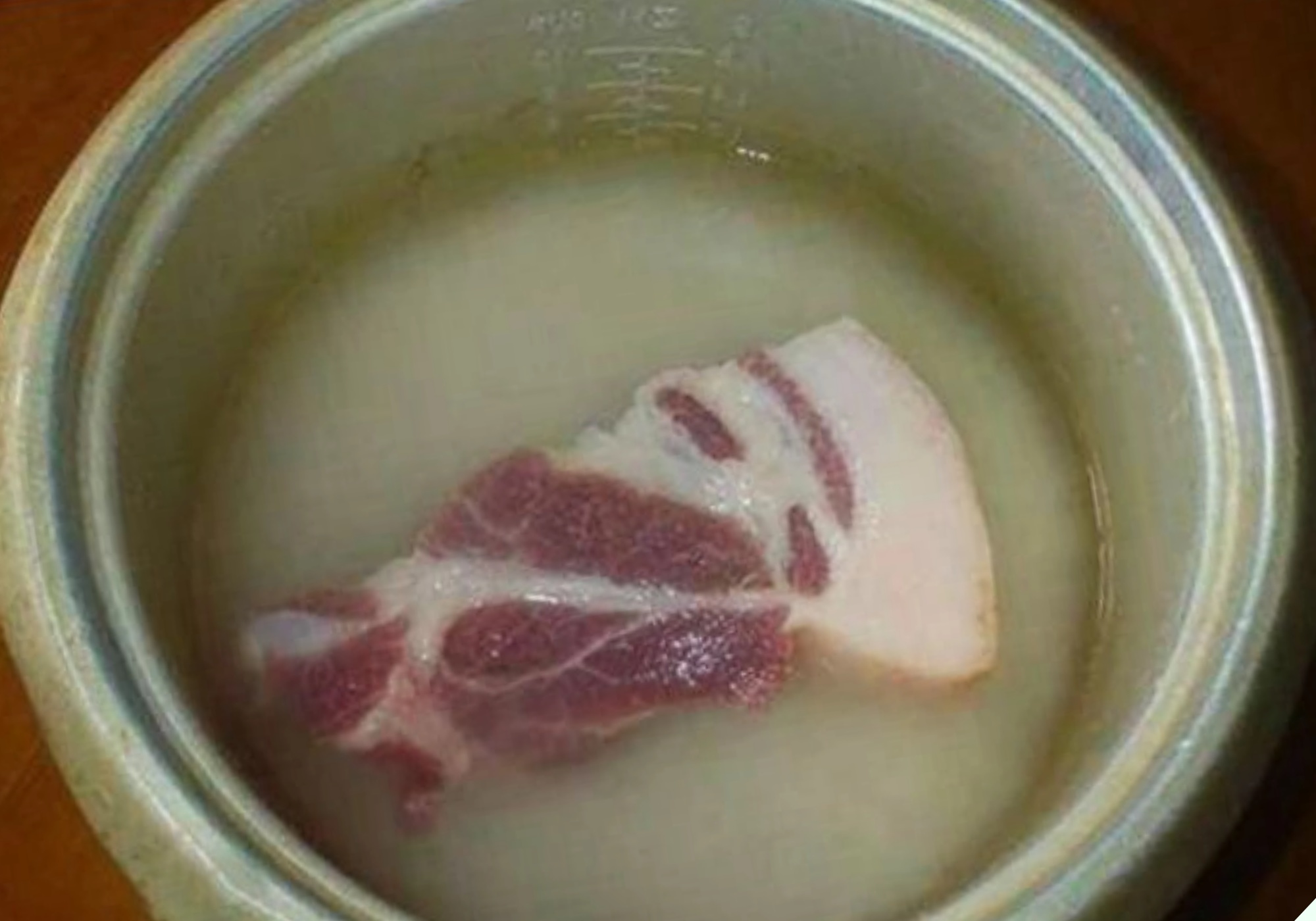
Flour + Salt + White Vinegar
Mix equal parts of salt, flour, and white vinegar. Stir until dissolved, then soak the pork in the solution for about 10 minutes. This method effectively cleans the meat and removes any unpleasant odors.
Gently rub the meat to loosen and remove any remaining impurities. Rinse the meat one more time with clean water, and it’s ready for cooking.
An important note: Avoid using hot water to wash meat. The heat causes the meat’s surface to contract, making it difficult to remove toxins. It may even result in a loss of essential nutrients.


































